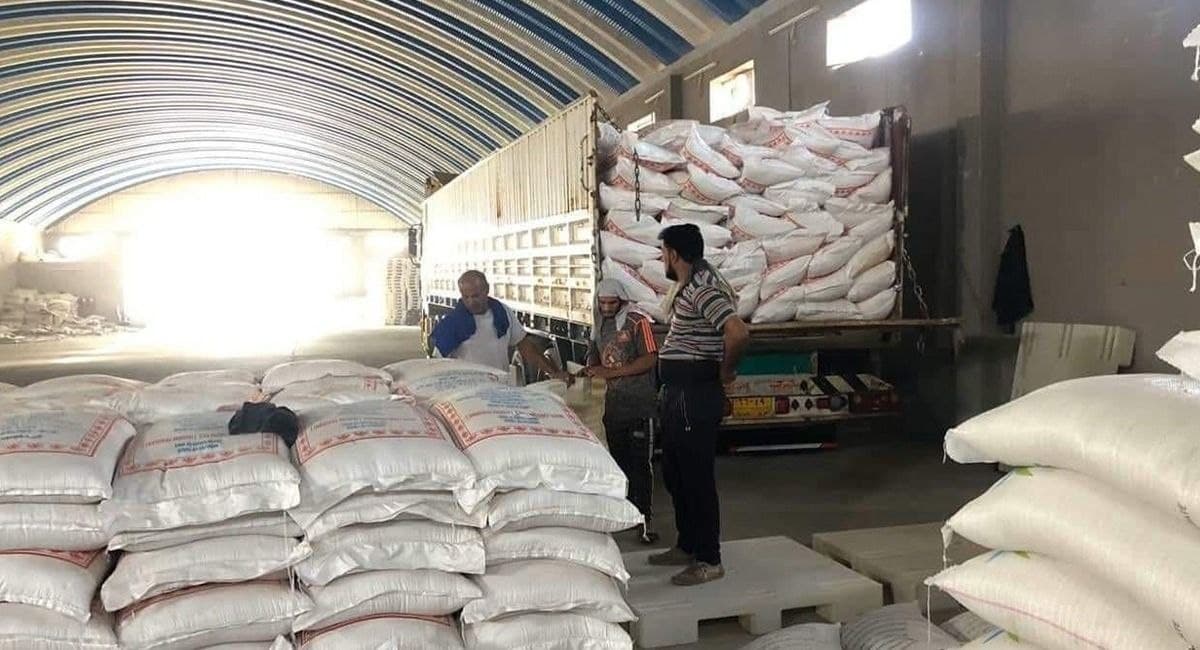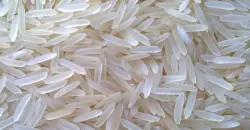Iraq rediscovers appetite for Thai rice: quality or price?

Shafaq News/ Thai rice overran the Iraqi market toward the end of 2021 and much of 2022. With Iraq being the largest importer of Thai rice during this period, many believe that the government's appetite for Thai rice is prompted by its economic, rather than its nutritional and gastronomical, qualities.
By mid-2021, the Iraqi government had de facto boycotted Thai rice for seven years. Although it was partly due to quality concerns after the latest shipment it received, the uncompetitive price of Thai white rice was a major motive.
According to S&P Global Commodity Insights, "the change in wealth came against the backdrop of two factors: Thai prices fell significantly in the first half of 2021 after a full year of pricing well above Asian assets, and a change in Iraqi government purchases."
While the Iraqi government has held special bids for the rice source for its public distribution plan for many years, this changed in June 2021 when the Trade Ministry transferred this responsibility to a third party, namely, al-Owais company.
Special negotiations
Unlike the government, al-Owais showed no willingness to bid. Instead, the importer preferred buying through private negotiations with well-known traders.
Following its new liability, al-Owais made some safe purchases, buying the U.S. and Uruguayan rice, which has been a key element of the Iraqi market in recent years.
However, not too long after those transactions, a 40,000 metric tons of Thai 100% Class B white rice deal ushered in a series of similar deals, with sales growing steadily as 2021 drew to a close.
The huge demand indicated that the Iraqis had developed a new taste for Thai rice. As a result, new companies emerged to meet those demands.
In early 2022, LDC emerged as Iraq's new supplier, with both commercial companies now using multiple factories to meet Iraq's requirements.
According to the Ministry of Trade, Thailand exported 293,362 tons of rice to Iraq between January and March, making Iraq Thailand's largest importer during this period.
Based on sources' assurances, about three shipments of Thai rice - each containing nearly 40,000 metric tons - leave for Iraq each month, and it can reasonably be assumed that Thailand will export more than 500,000 metric tons to Iraq by the end of May.
Thai Quality
Despite recent price spikes, there is little evidence that Iraq is seeking alternative options. One trader explained that one of the reasons Thai rice is popular now is its compatibility with Iraq's specifications.
"Thailand can do this much easier and better than other Asian countries," said an informed source, "Thai rice can confidently shoulder the quality of American rice."
Other sources claim that Pakistani and Indian rice is more competitive than Thai rice; however, even when plain white rice is mixed with varieties usually reserved for mixing with basmati rice, they fall short of meeting the minimum grain length requirements of 6.7 mm.
Sources familiar with rice sales in Iraq anticipate that rice imports might amount to about one million metric tons in 2022.
Sales for months to come are being negotiated now, with one source involved in the rice business in Iraq saying that three or four shipments of 40,000 metric tons each are expected to be shipped in June and July.
However, a major wholesaler said, "If Iraqi demand disappears, the price of Thai white rice is likely to fall by 5% to $380-$385 per ton on the deck. If this happens, regular purchases would be resumed in west Africa after they were stopped due to the Iraqi demand."
"Iraq's trend to import Thai rice is not for its quality but its low prices," said Mohammed Jawad al-Husseini, a foodstuff wholesaler in the Jamila Industrial Zone, i.e., the most important food, fruits, and vegetables wholesale center in Iraq.
"The price of Indian basmati rice ranges between 750 and 1300 dollars a ton, depending on the type of rice and the size of the grain, while a ton of Thai rice costs near 500 dollars."
"The size of an Indian basmati rice grain reaches an average of 8 mm and more. Iraqi families prefer the Basmati rice over the Thai rice, which is hard to cook. For this reason, most families immediately sell the Thai rice they receive from the ration card and buy basmati rice instead," he said, "Thai rice has the same nutritional value as basmati rice."





